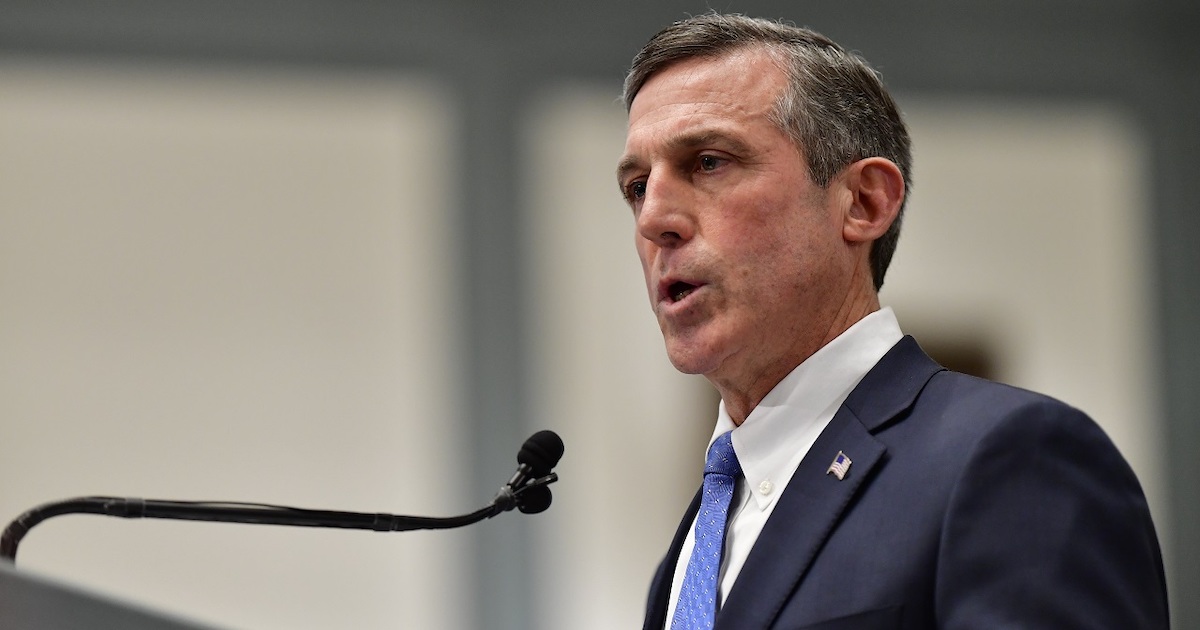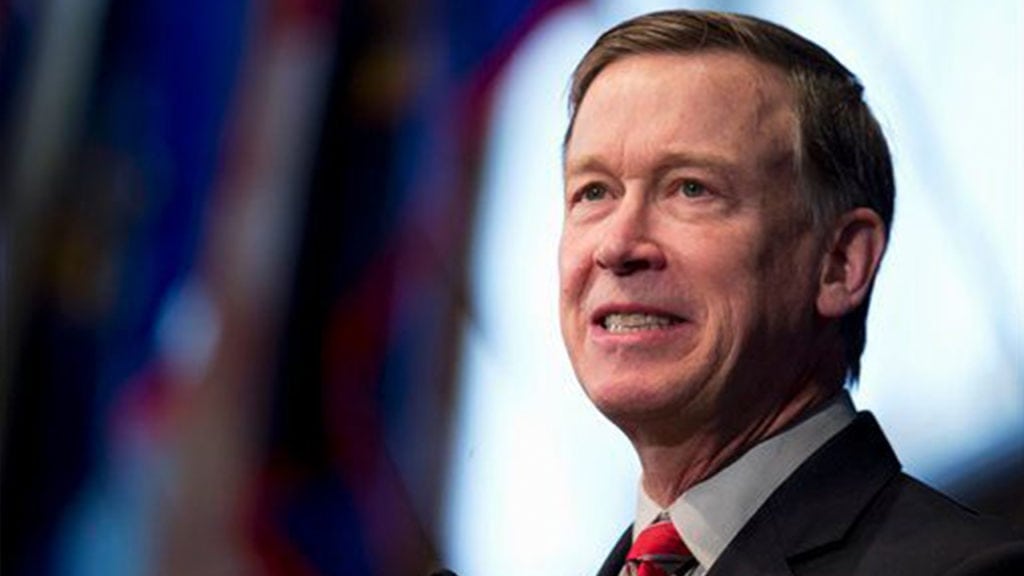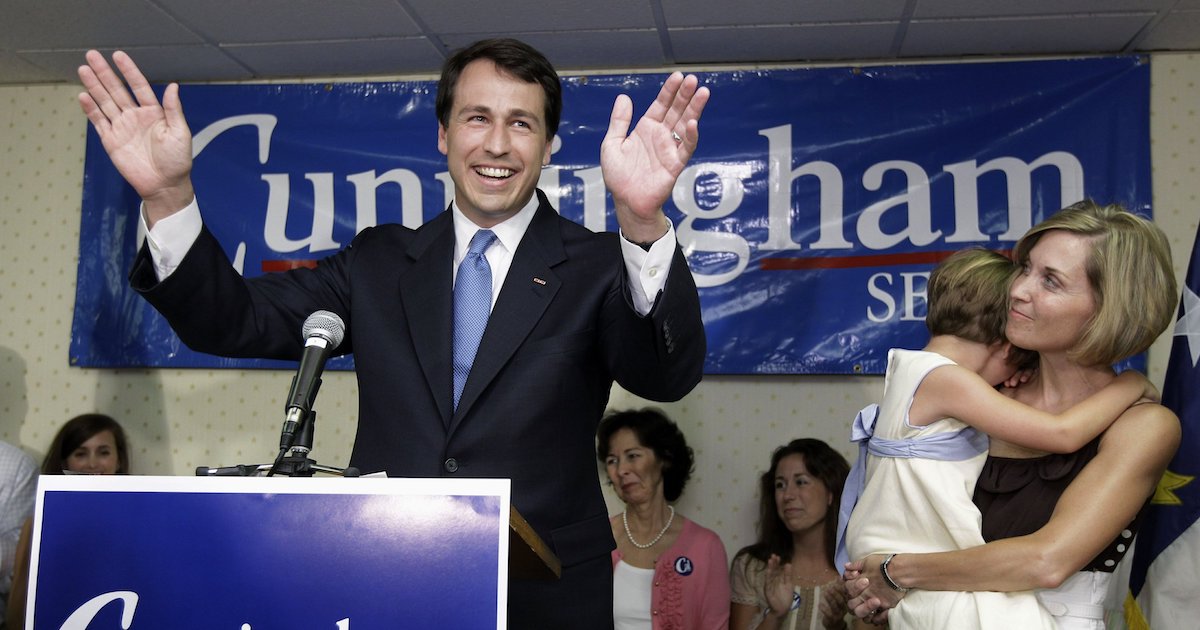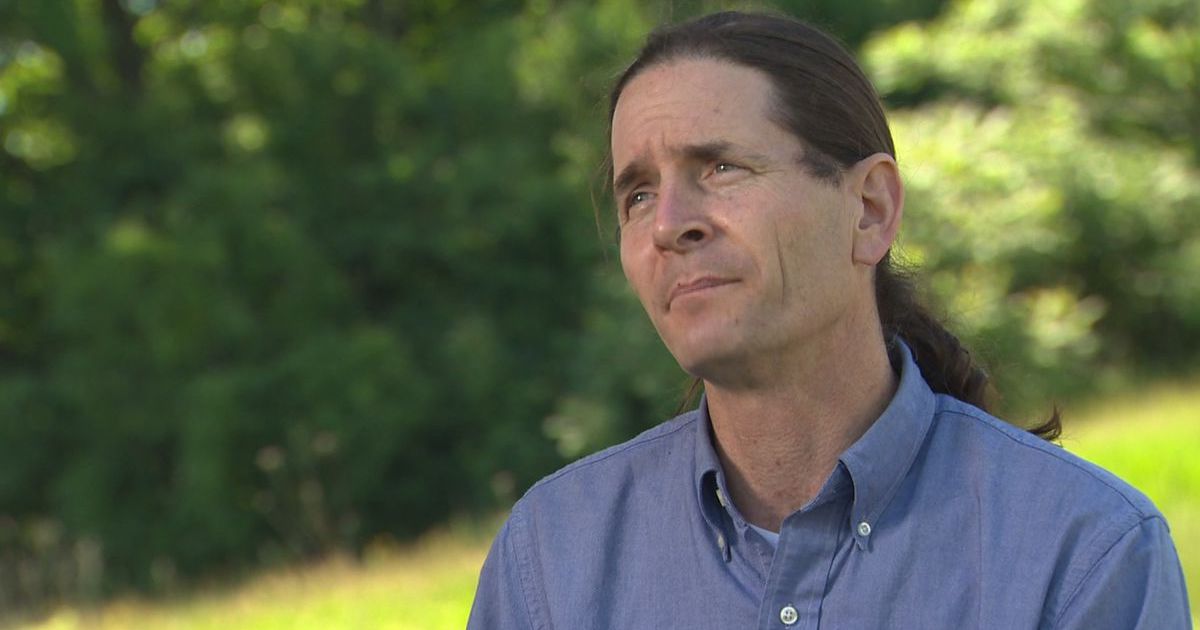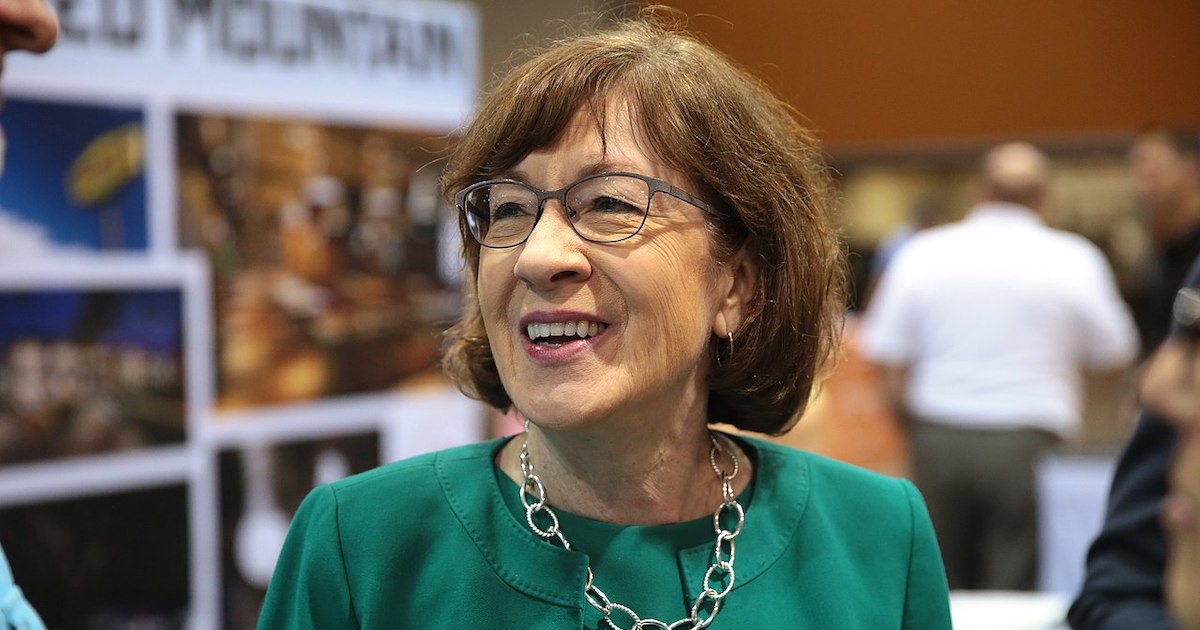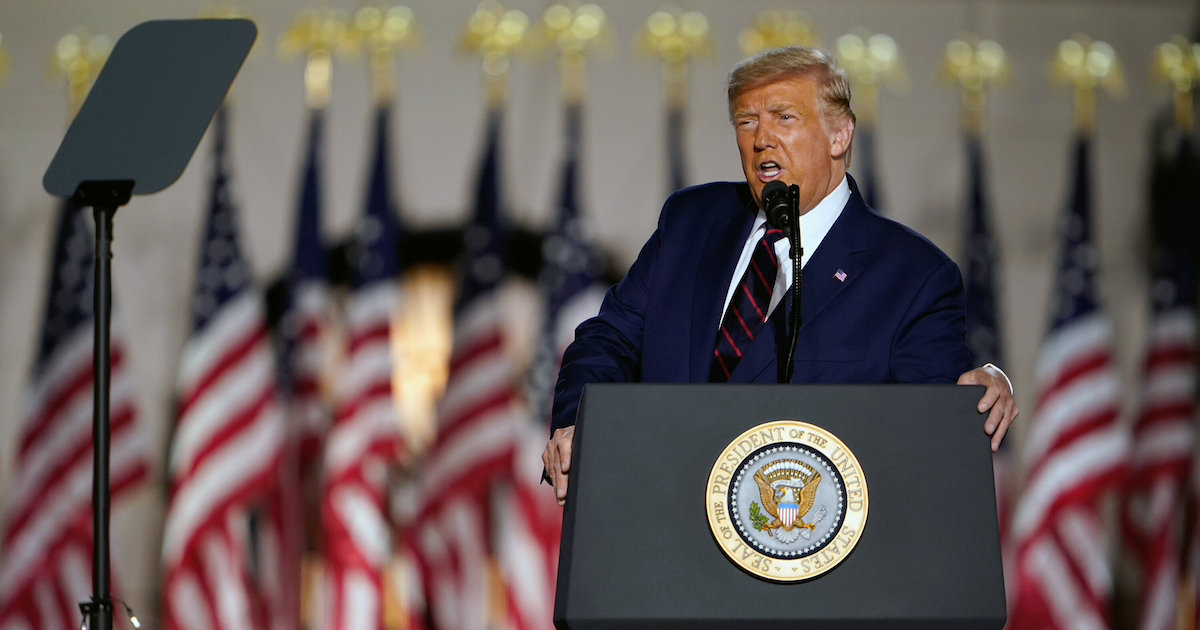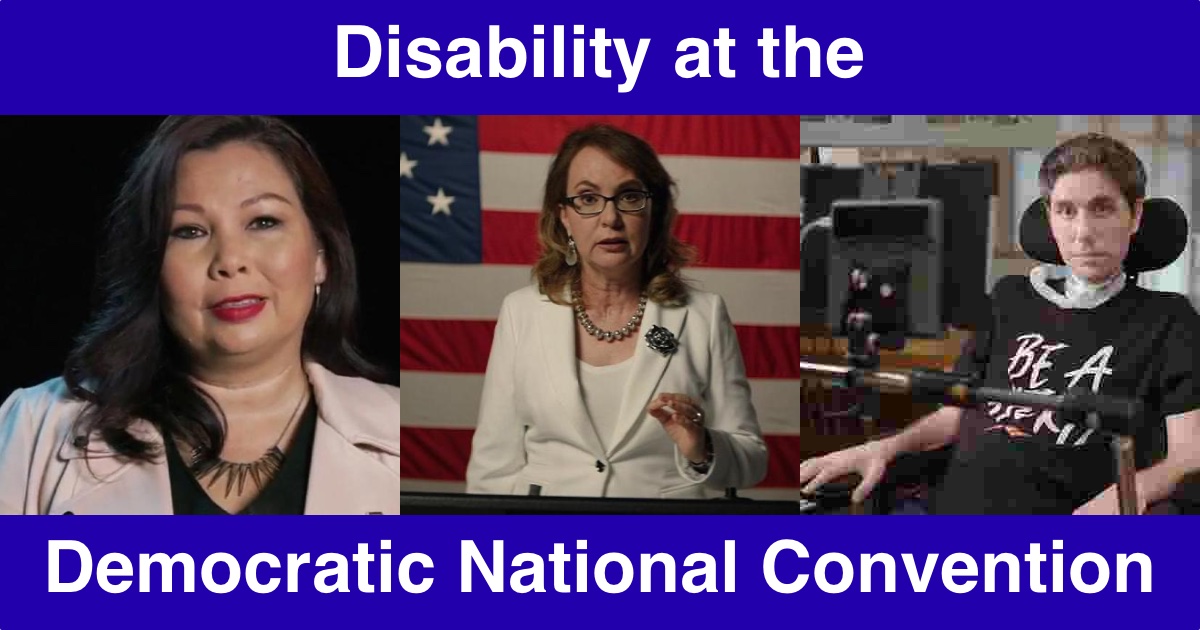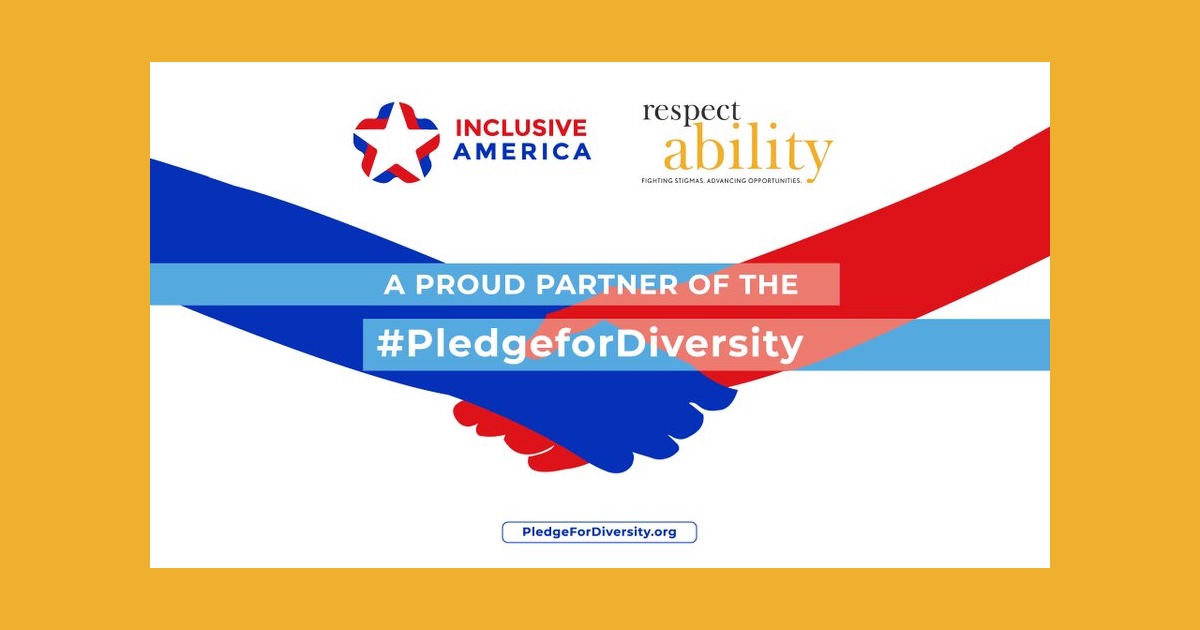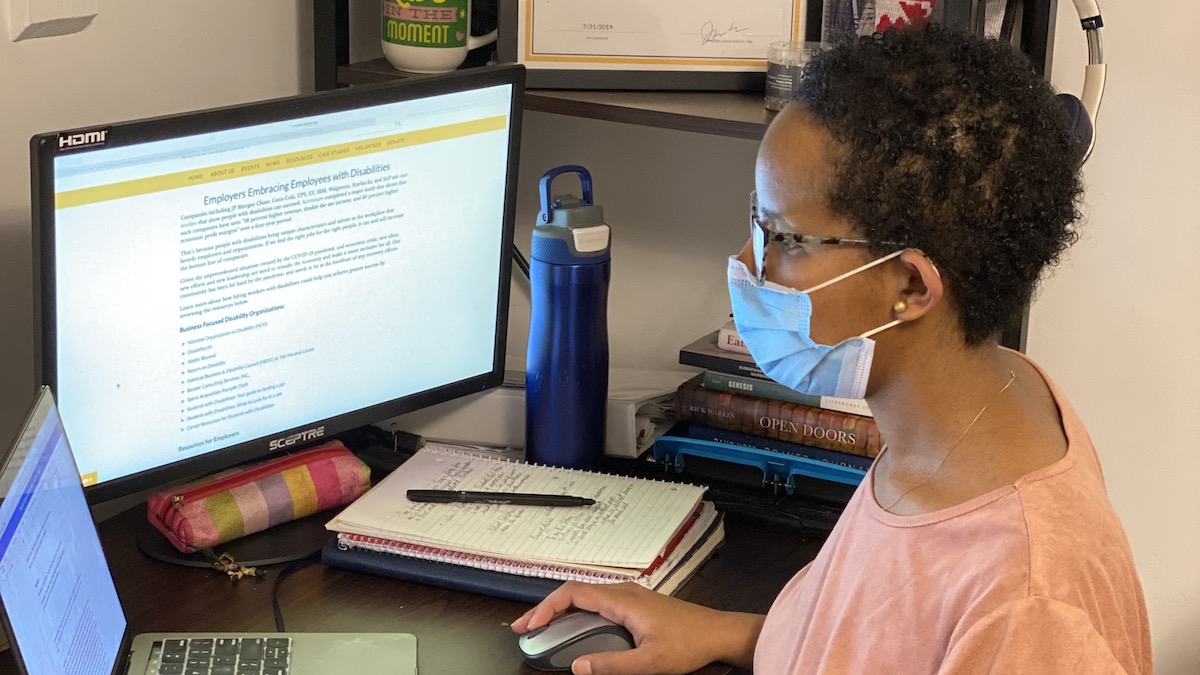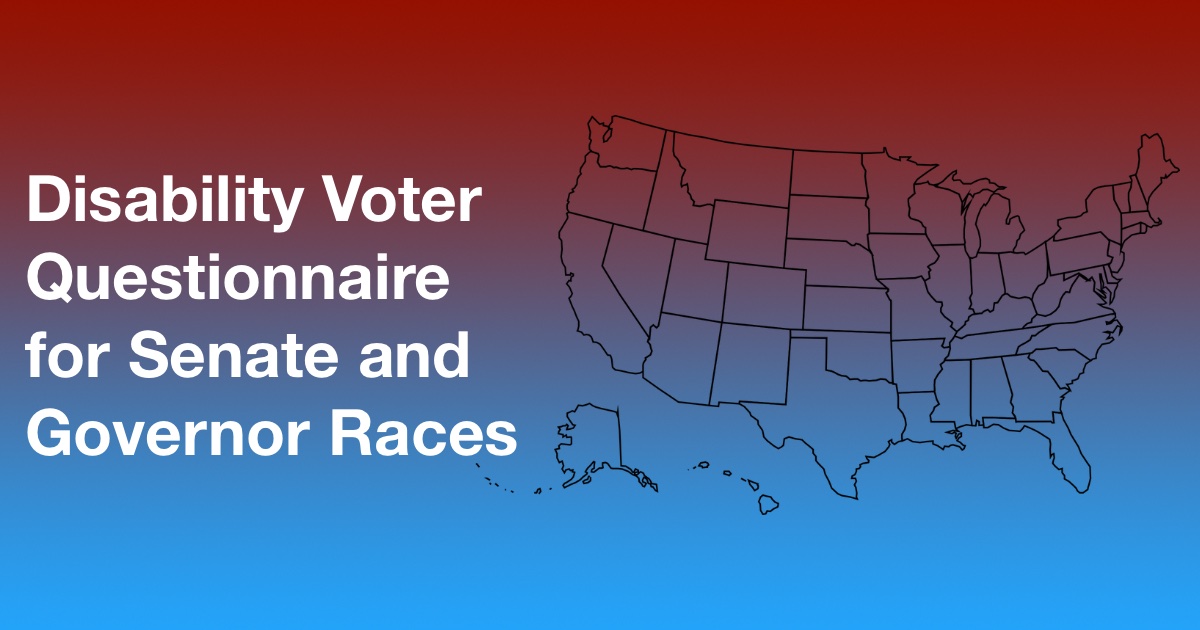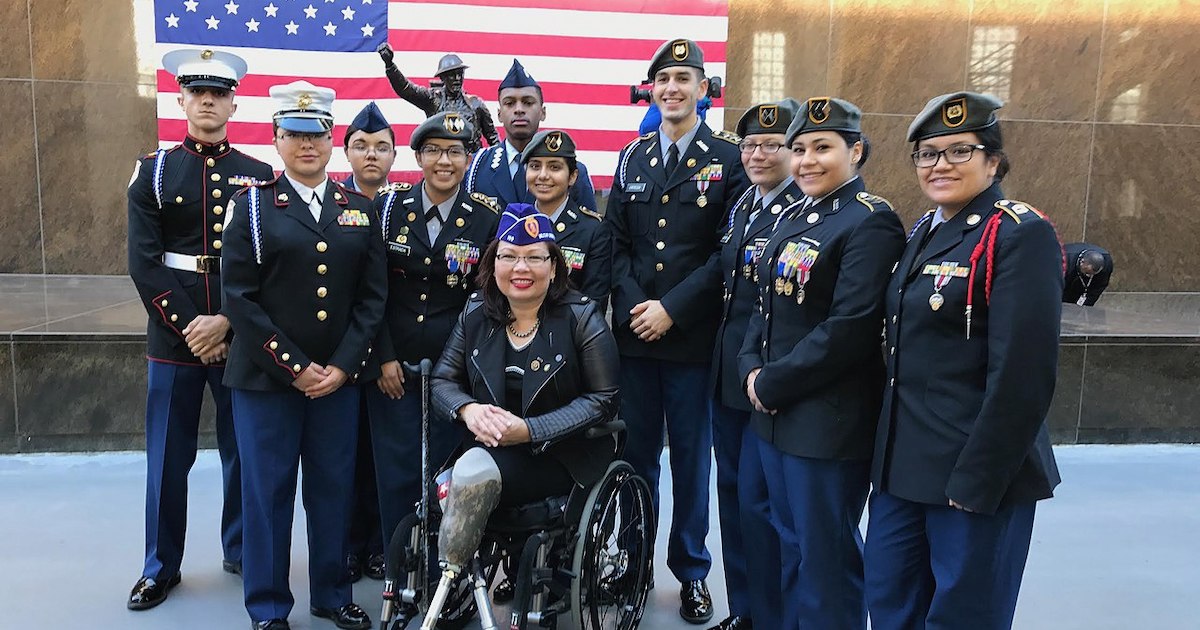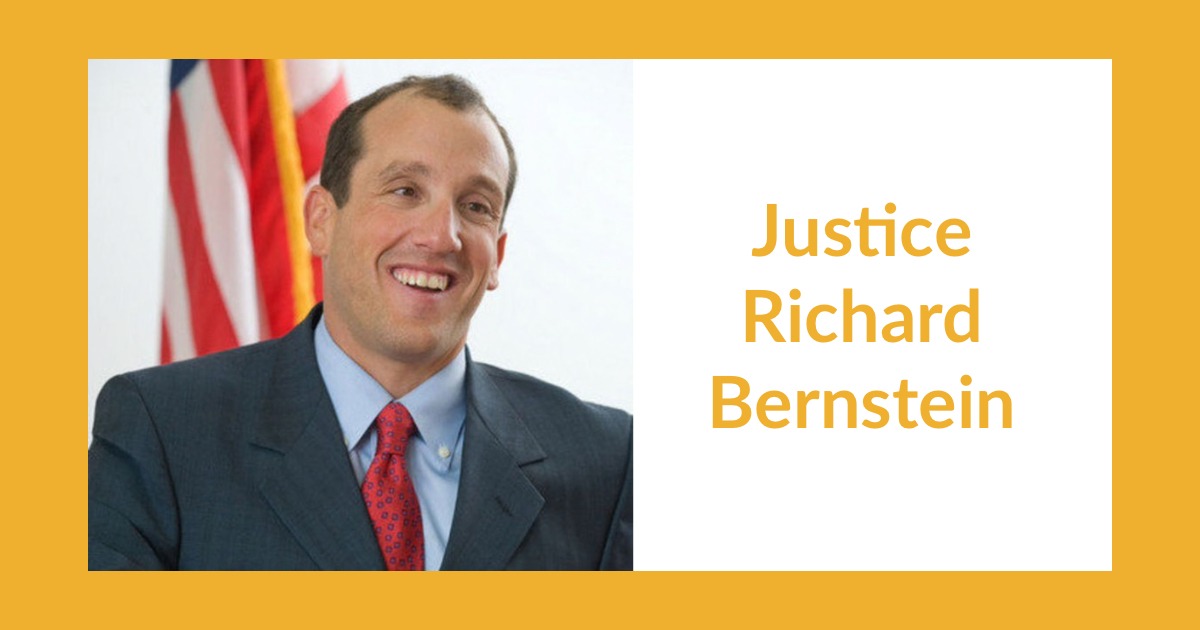Key actions and positions posted on the intersection of disability and education, jobs, immigration, climate crisis, criminal justice and more

Wilmington, DE, Sept. 9 – Incumbent Democratic Governor John Carney has responded to a detailed candidate questionnaire on disability issues. The questionnaire is from RespectAbility, a nonpartisan nonprofit disability organization that does not endorse candidates. The questionnaire is purely for educational purposes. RespectAbility has reached out to key Senate and gubernatorial campaigns on both sides of the aisle and will be posting all responses on The RespectAbility Report. The full text of RespectAbility’s questions and Carney’s responses follows:
1. Learning during the COVID-19 pandemic has led to more issues and concerns for all students and their families, but this is especially true for students with disabilities. Additionally, the gap in graduation and drop-out rates between students with and without disabilities continues to undermine their futures. For example, in the class of 2018, only 66 percent of Black students with disabilities, 71 percent of Hispanic students with disabilities, 77 percent of white students with disabilities, and 79 percent of Asian-American students with disabilities completed high school. Furthermore, just seven percent of students born with a disability graduate from college. What is your plan for ensuring that all students with disabilities receive a quality and appropriate education to acquire the critical and marketable skills necessary to compete in a job-driven economy?
I believe education is the most difficult issue we have faced throughout this crisis. Because despite COVID-19, all Delaware children deserve access to a high-quality education. We have focused on helping school leaders navigate the difficult challenges of returning to school safely during a pandemic. Our top priority is the safety of all of Delaware students, educators and staff. The bottom line is: we cannot get students and educators back in school if we can’t do so safely. We have assigned public health liaisons to Delaware schools and provided comprehensive, data-driven guidance to school leaders. We will continue to support students, educators, and school leaders to make sure we get this right, and to make sure all students have the resources they need to succeed.
